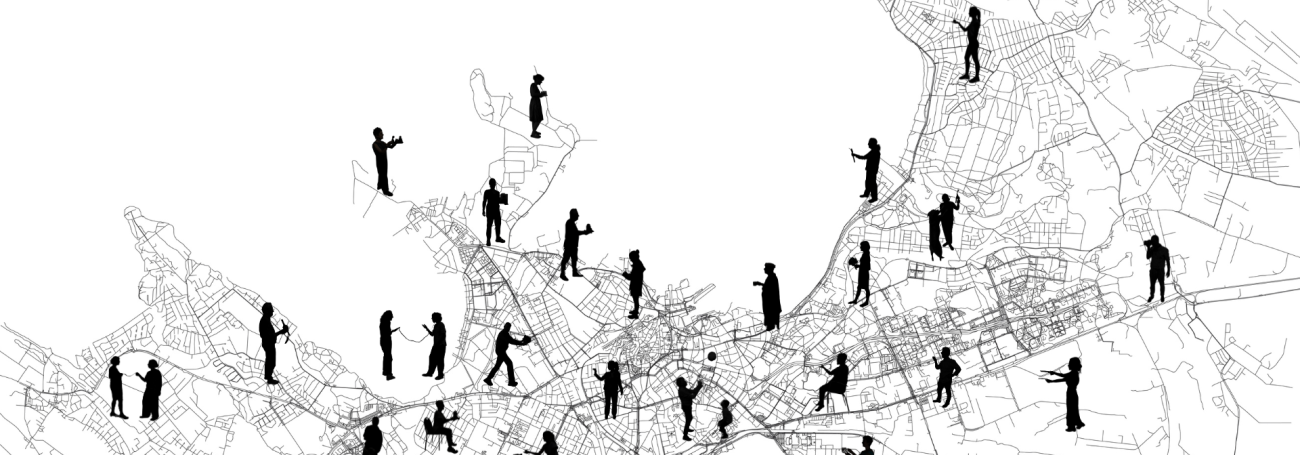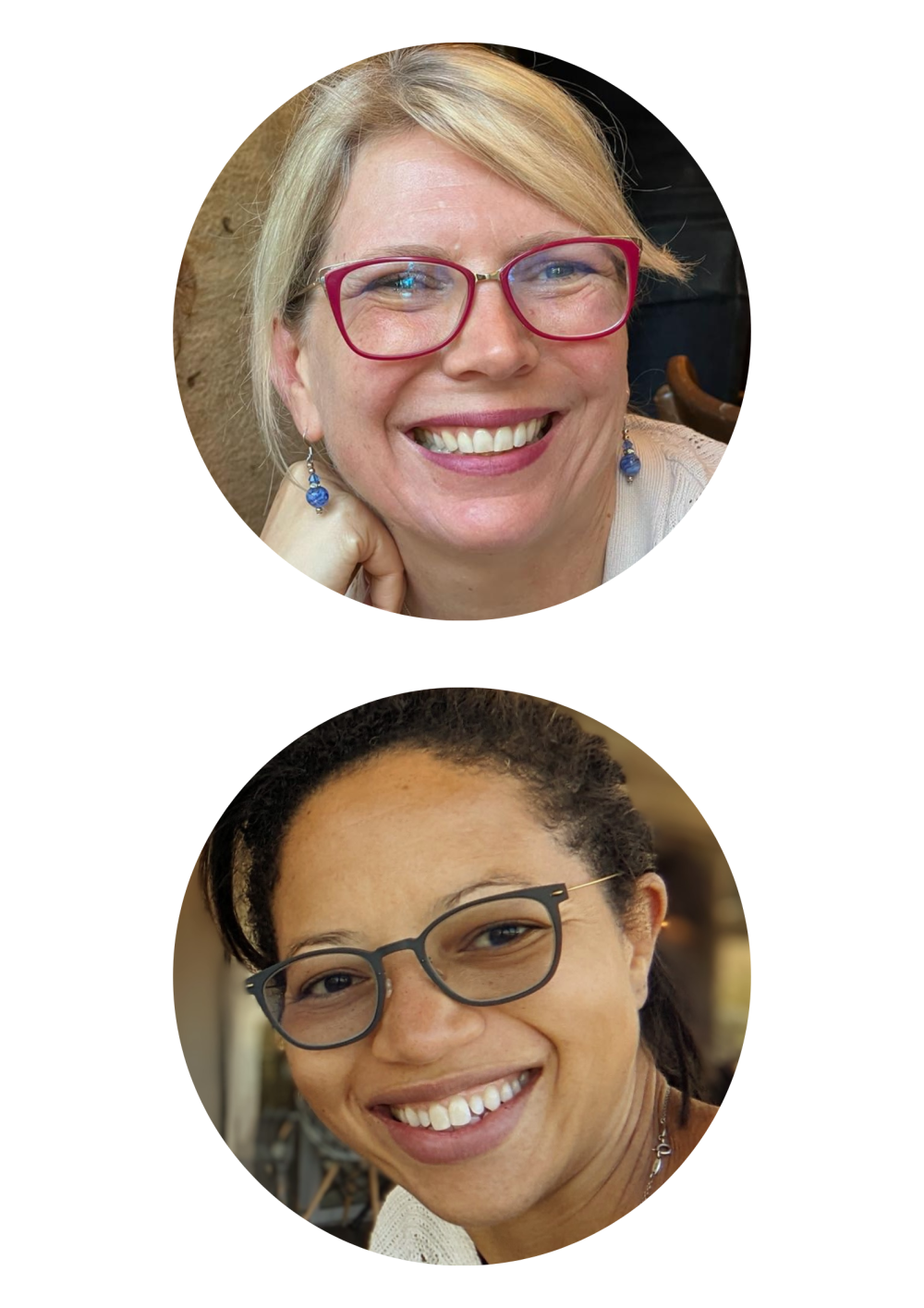Trainers
Christina de Angelis and Monique Anderson
Christina De Angelis is a restorative Justice practitioner, consultant, mediator, systemic conflict coach, unconscious bias trainer. Her passion is to help people find effective and non-violent ways to transform their conflicts and create systems to respond to crises that are aligned with their values. As a social worker with over 20 years experience in family systems, child protection, education and mental health, she brings her systemic lens to all her work seeing people within their environments. She completed studies in conflict resolution and in intercultural mediation. A mediator since 2007, Christina has specialised in family and community mediation and restorative justice practices. After over nine months in Brazil studying the origins, methodology and use of Restorative Circles. For the last 15 years, she has facilitated trainings and workshops on non-violence, conflict transformation, reconciliation, unconscious racism, non-violent communication, mediation and restorative justice in various countries. In 2018 Christina developed the concept of Holding Circles as a way to ensure support for nonviolence activists and restorative justice practitioners. Contact: angelispacebene@icloud.com
Monique Anderson is an associate researcher at the Leuven Institute of Criminology where she has been a member of the research group on restorative justice for over ten years. She has experience of leading international research teams and of coordinating collaborations between researchers and practitioners. Most recently she co-coordinated the RE-JUSTICE project, which devised and piloted training on restorative justice for judges and prosecutors in Greece, Italy and Spain. The lead researcher in the Belgian research team in the RE-TREAT project, Monique has specific research interests in the experiences of victims of sexual violence and particularly minor victims of sexual violence and the use of restorative justice in such cases. Her PhD research examines the experience of women who, as children, were sexually harmed by other children from their family circle. Youth experiences (as perpetrators and recipients of harm) within justice systems is a further research interest. Monique is currently vice chair of the working group on emerging and youth cultures for the EU funded COST Action 1821 - Cultures of Victimology. A qualified yoga teacher, Monique has worked as the Executive Officer of the European Forum for Restorative Justice, in Community Safety and Youth Offending Teams, and as a Prisoner Officer.



